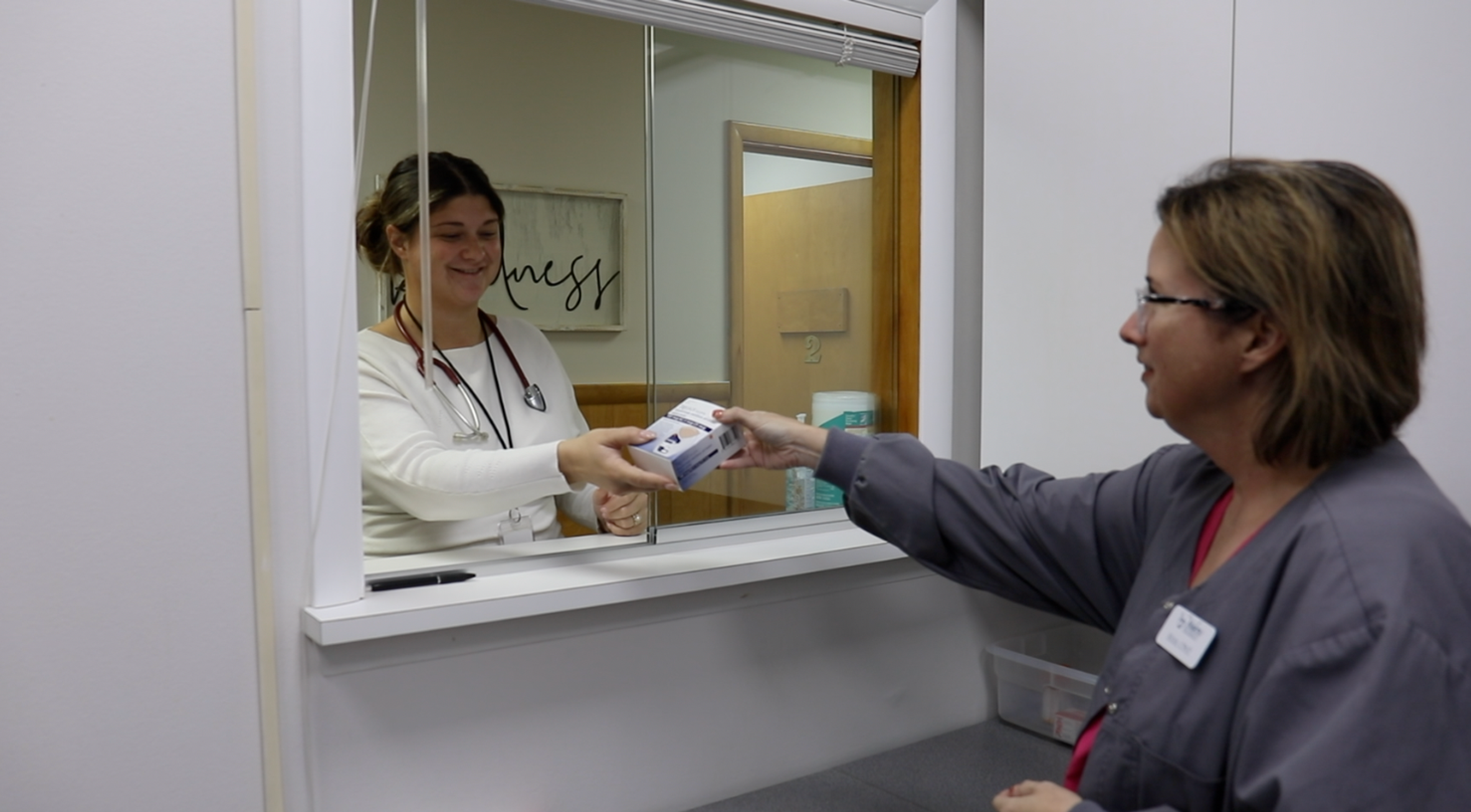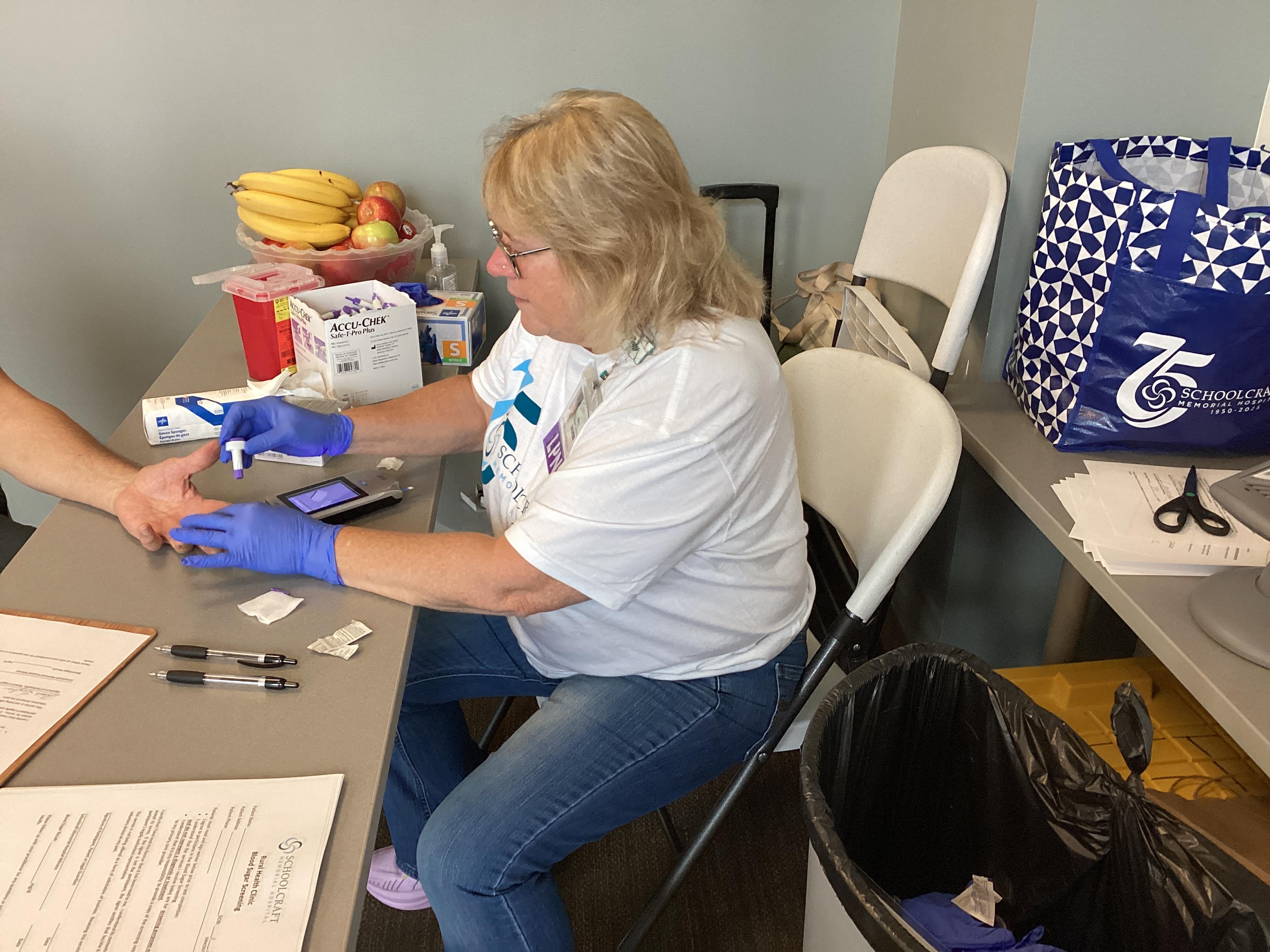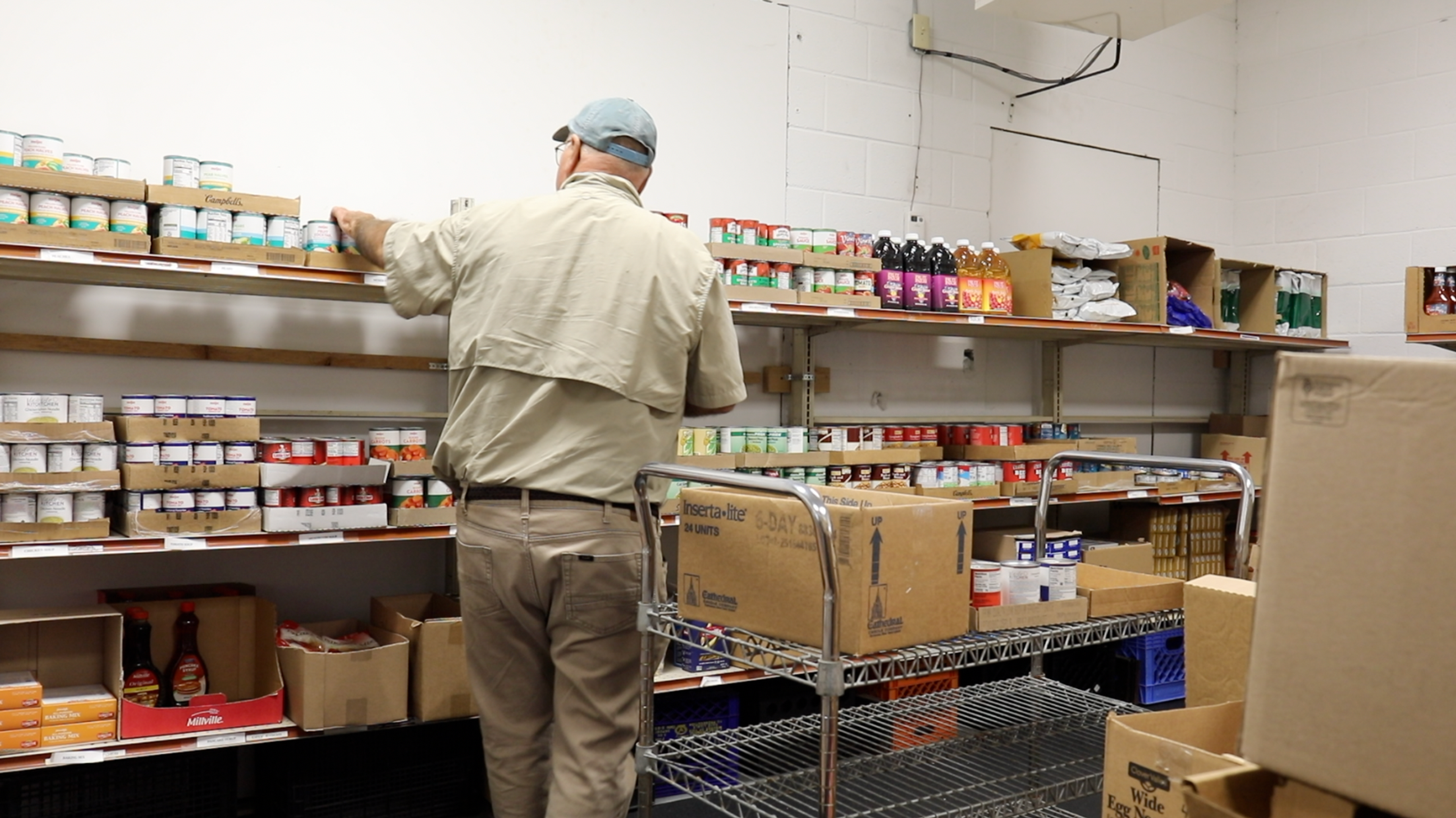‘We Win When the People are Healthy’: Coalition Rethinking Detroit’s Public Health Approach
Julie Bitely
| 3 min read

“Health is a state of complete physical, mental and social well-being and not merely the absence of disease or infirmity.”
-- World Health Organization's definition of health from their 1948 constitution There are 83 counties in Michigan. Wayne County ranks at the very bottom for both health outcomes and health factors, a dismal statistic that leaders in Detroit want to drastically change. With one million dollars in seed money from Wayne State University, executives from the university, the American Heart Association, the city’s health department and Henry Ford Health System announced a new coalition that aims to substantially improve the health of Detroit’s vulnerable populations. The announcement of the formation of the as-yet unnamed coalition was made at the 2018 Mackinac Policy Conference. “We want to radically improve health outcomes in Detroit,” said David Hefner, vice president, Health Affairs, Wayne State University. Organizers plan to build a committed group of partners across multiple sectors to tackle the issues and challenges facing Detroiters that hold them back from realizing their full health potential. While a variety of tactics will eventually be deployed, the partnership with the American Heart Association will help the group intensely focus on cardiovascular disease to start. “It is what kills us, essentially,” Hefner said. According to the Blue Cross Blue Shield Health Index, hypertension, coronary disease and high cholesterol are the top three health conditions affecting Wayne County residents. Hefner said cardiovascular disease outcome improvements can be accomplished in a relatively short amount of time, allowing the group to determine quickly if their efforts are making a difference or if they need to correct course. However, organizers agreed that results will take time and that a major component of their work needs to center around building health equity and addressing social determinants of health such as transportation, housing, food insecurity, education, and other factors to truly be successful. The disparities that exist due to such factors make the work that doctors and hospitals do less effective, explained Dr. Kimberlydawn Wisdom, senior vice president, Community Health and Equity, Chief Wellness and Diversity Officer, Henry Ford Health System. “Health potential equals life potential,” she said. Hefner said next steps for the group include a leadership town hall scheduled for 3 p.m. on Aug. 1 at the Integrative Biosciences Center. Over the next year, the coalition will identify roles, develop a work plan and set a five-year strategy. They’ll also be looking to add collaborators and financial backers. Coalition members say they’re committed to building a model where everyone will lead in their respective areas of expertise. At the end, no one organization will be able to take the credit, which leaders said isn’t the point. “We win when the people are healthy,” said Dr. Joneigh Khaldun, director and health officer, Health Department, City of Detroit. If you enjoyed this post, you might also like:
Photo credit: sbmeaper1





